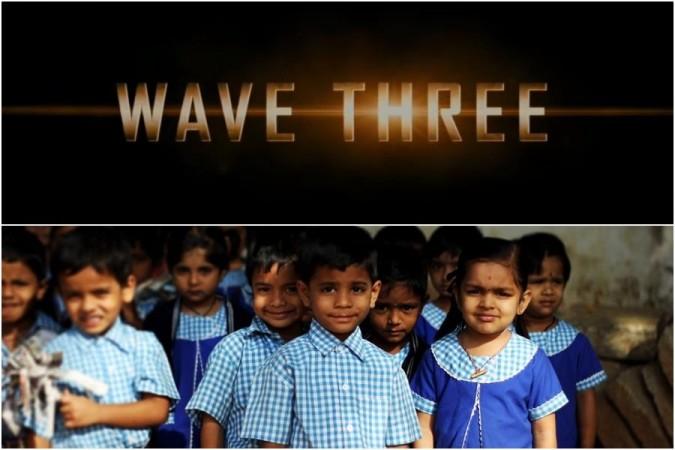As the second wave of coronavirus pandemic has waned in India, medical experts and authorities are now expecting a possible third wave that could hit the country soon. Amid looming scare surrounding a potential third wave hit, AIIMS director Randeep Guleria has revealed that the third wave of the pandemic may not be as deadly as the second wave. However, he made it clear that children may be at risk if a third wave breaks out in India.
Why children are at risk if a potential third wave hits India?
In India, the vaccination rollout is progressing steadily, and until now, the government has not started the vaccination program for people below the age of 18. The government authorities have not shed any clues regarding the timeline in which the vaccination program will begin for children, and this single factor makes people under the age of 18 more prone to getting infected if a third wave happens.

"I don't think that we will see a third wave which will be as bad as the second wave. The general feeling is that adults are getting vaccinated, children are not being vaccinated and therefore if there is a new wave it will affect those who are more susceptible. Children will be more susceptible," said Guleria.
Delta Plus variant adds up to the worries
The deadly second wave of the Covid pandemic in India was driven by the Delta variant, and recent genome sequencing suggested that a new variant named the Delta Plus variant is also present in India. According to the latest reports, five people have succumbed to the Delta Plus variant in Maharashtra, and it includes a 63-year-old woman who had received both the coronavirus vaccine shots.
In the meantime, Dr NK Arora, head of coronavirus working group National Technical Advisory Group on Immunisation (NTAGI) had recently warned that the Delta Plus variant of Covid has a high affinity towards lungs.
"Delta plus is having a greater affinity to the mucosal lining in the lungs, higher compared to other variants, but if it causes damage or not, is not clear yet. It also does not mean that this variant will cause more severe disease or it is more transmissible," said Arora.














